Mining companies resilient in face of Covid-19 but must adapt to wider risks
Strong financial performances in 2019 mean the big mining companies are in a strong and resilient position to weather the economic uncertainty created by Covid-19.
Despite this positive outlook, the PwC’s Mine 2020 report cautions that mining companies will need to adapt to long-term impacts caused by Covid-19. Miners may need to think about de-risking critical supply chains and investing more in local communities. A shift towards localisation in supply chains and for smaller deals in local markets, as well as different forms of community engagement, may turn out to be enduring consequences of the pandemic.
“Although mining has been able to keep operating to some extent throughout the Covid-19 pandemic, companies all over the world, including those in South Africa, have had to adapt and evolve. The Top 40 have shown that they can innovate, adapt and respond to this crisis along with the best. Some of these changes include remote workforce planning and a greater use of automation. It is expected that many of these adaptations will become permanent in the long-term.
“The pandemic has highlighted the sector’s resilience and the role that miners can play in supporting communities and the broader economy. Although the crisis is far from over, miners are already applying the valuable lessons they have learnt,” says Andries Rossouw, PwC Africa energy utilities & resources leader.
A changing outlook for investment and deals
Capital expenditure was up 11% to $61bn in FY19, according to Mine 2020. PwC expects capital expenditure will slow in 2020, freeing up cash flows, and giving miners the capacity to pay dividends should they choose to do so.
PwC doesn’t expect many mega-deals to take place in 2020 due to increased economic uncertainty and practical constraints of site visits and inspections. However, the current conditions provide opportunities for the Top 40 to capitalise on smaller acquisitions in their local markets.
The enterprise value of mega gold deals totalled $19.2bn in FY19. Gold deals are not likely to recur to the same size or quantum as in recent years.
Cybersecurity requires attention
Currently just 12% of mining and metals companies’ CEOs are extremely concerned about cyber (down from 21% in FY18 and 14% in FY19). Yet Mine 2020 notes that over a similar period the number of reported cyber breaches among mining companies increased fourfold.
“As mining companies place more reliance on digital technology, so too does the cybersecurity risk increase. Cybersecurity should be an integral part of the Top 40’s safety and business strategies,” Rossouw says.
Growing expectations around ESG
Although most large miners are moving in the right direction on environment, sustainability and governance (ESG) disclosure, some are performing better than others. Only 11 of the Top 40 companies (28%) are setting public ESG commitments and targets, reporting consistently against them, and linking executive and management performance to achieving them.
No one commodity group is outperforming any other. But given rising stakeholder expectations, all Top 40 miners should have moved past the stage of general or variable commitments about ESG.
“To raise mining’s ESG credentials, miners need to lift their game both individually and collectively. Mining responsibly, considering all aspects of the mining life cycle, is more important now than it has ever been. This also includes being open and transparent about it. Reporting on the areas that really matter to stakeholders, whether they be investors, customers, employees, governments or the community at large, is critical in telling mining’s ESG story.” he says.
Share this content:


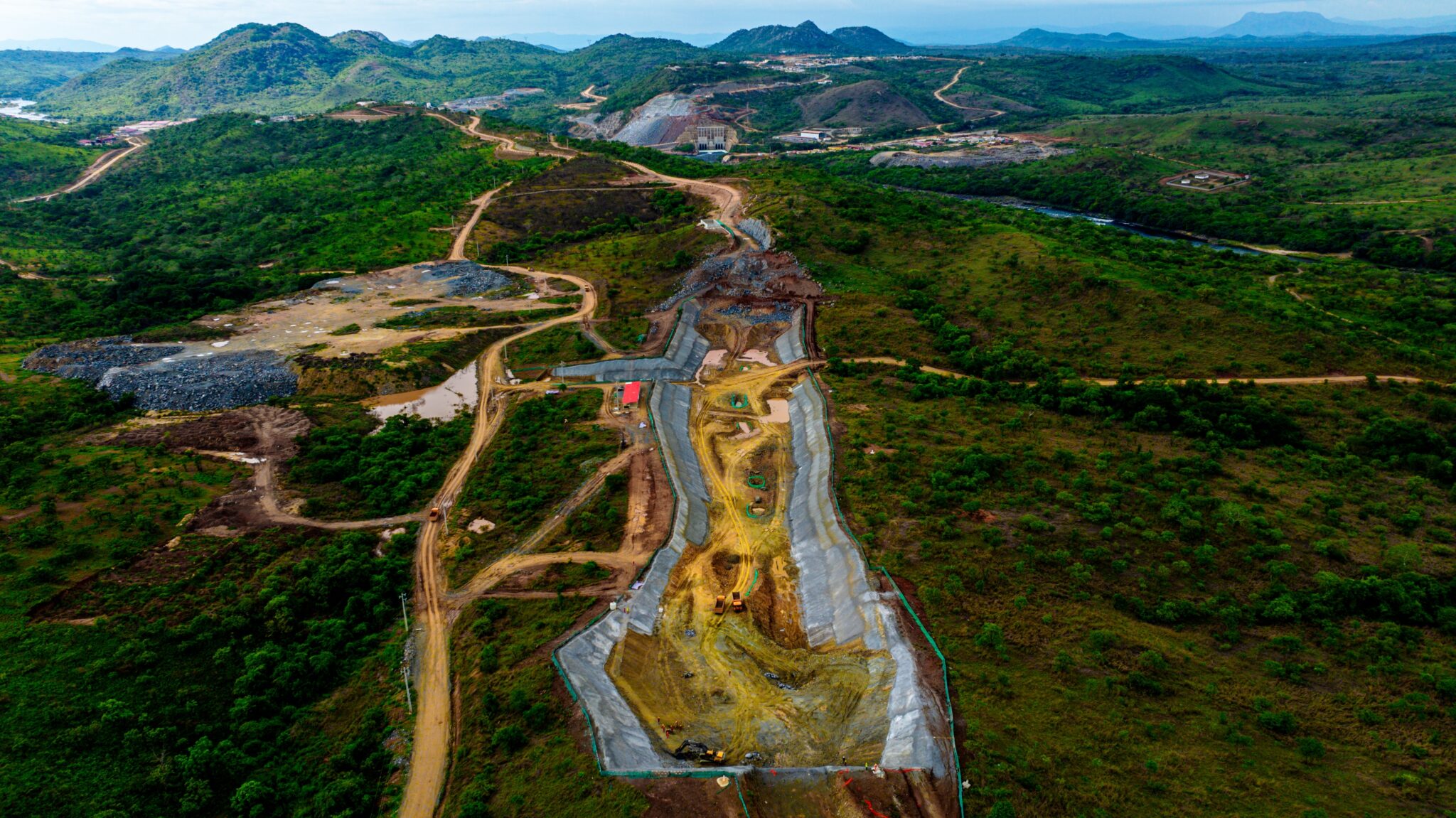

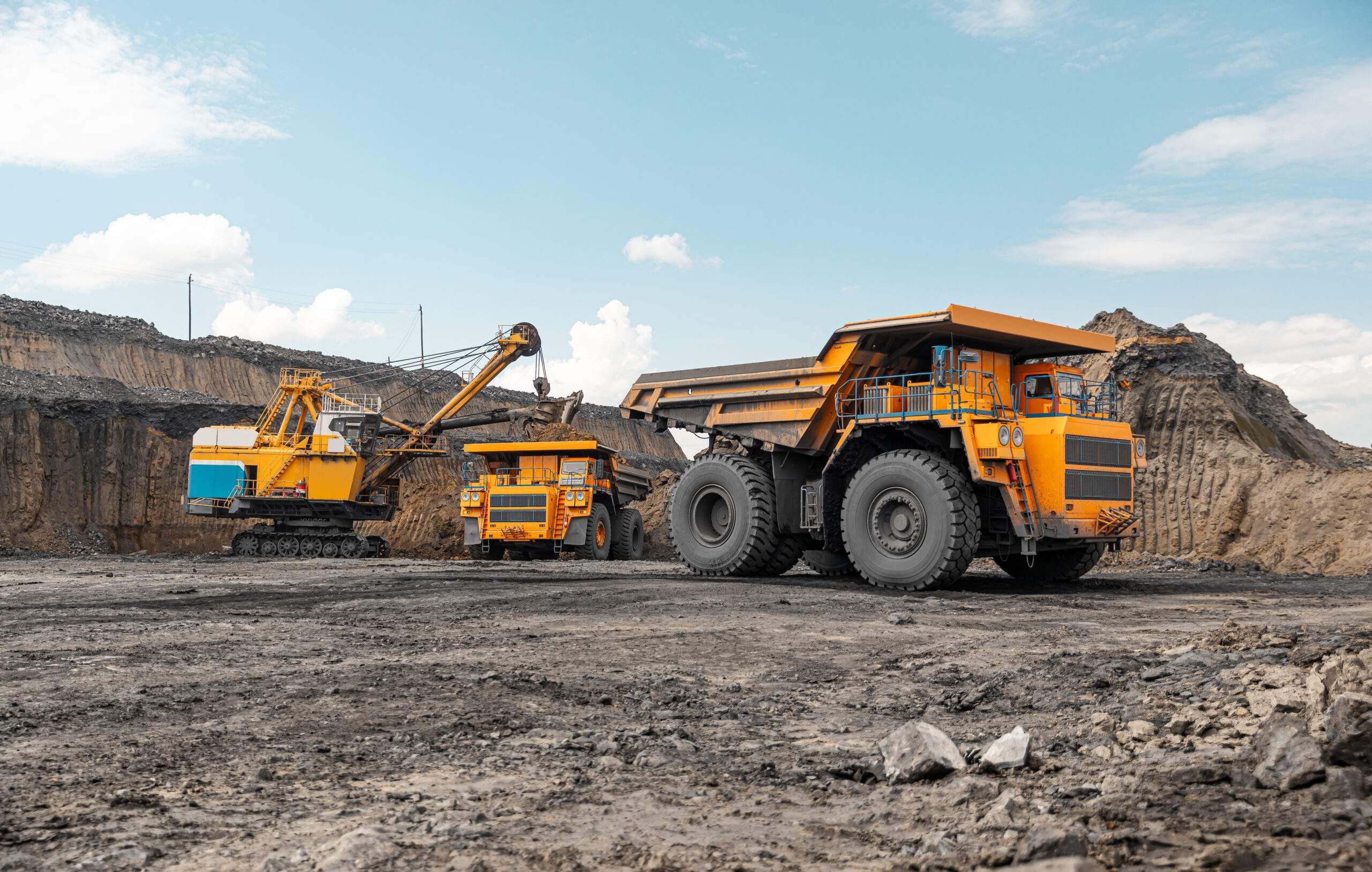


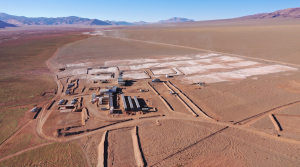

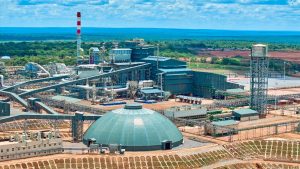


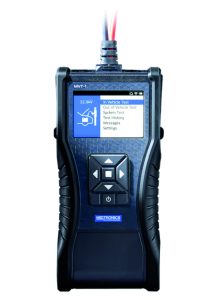


Post Comment